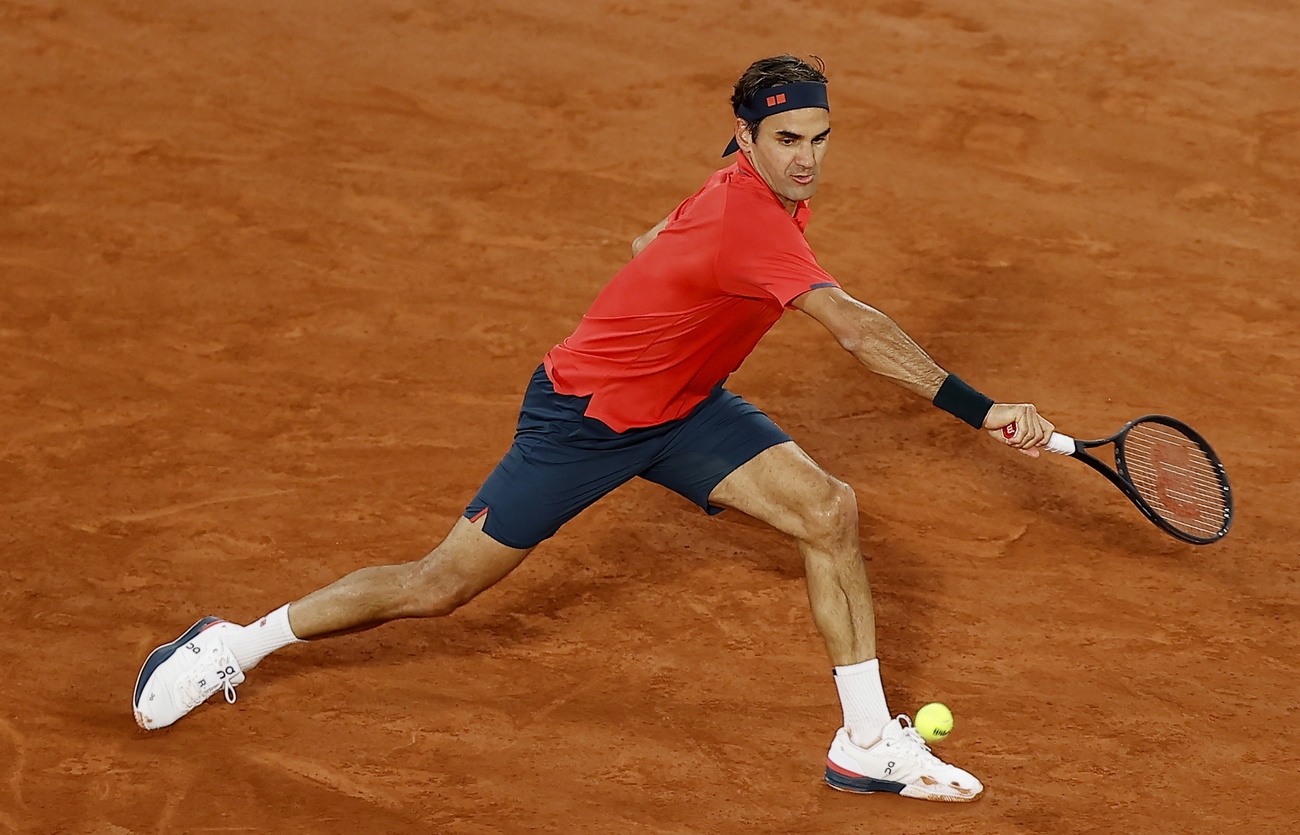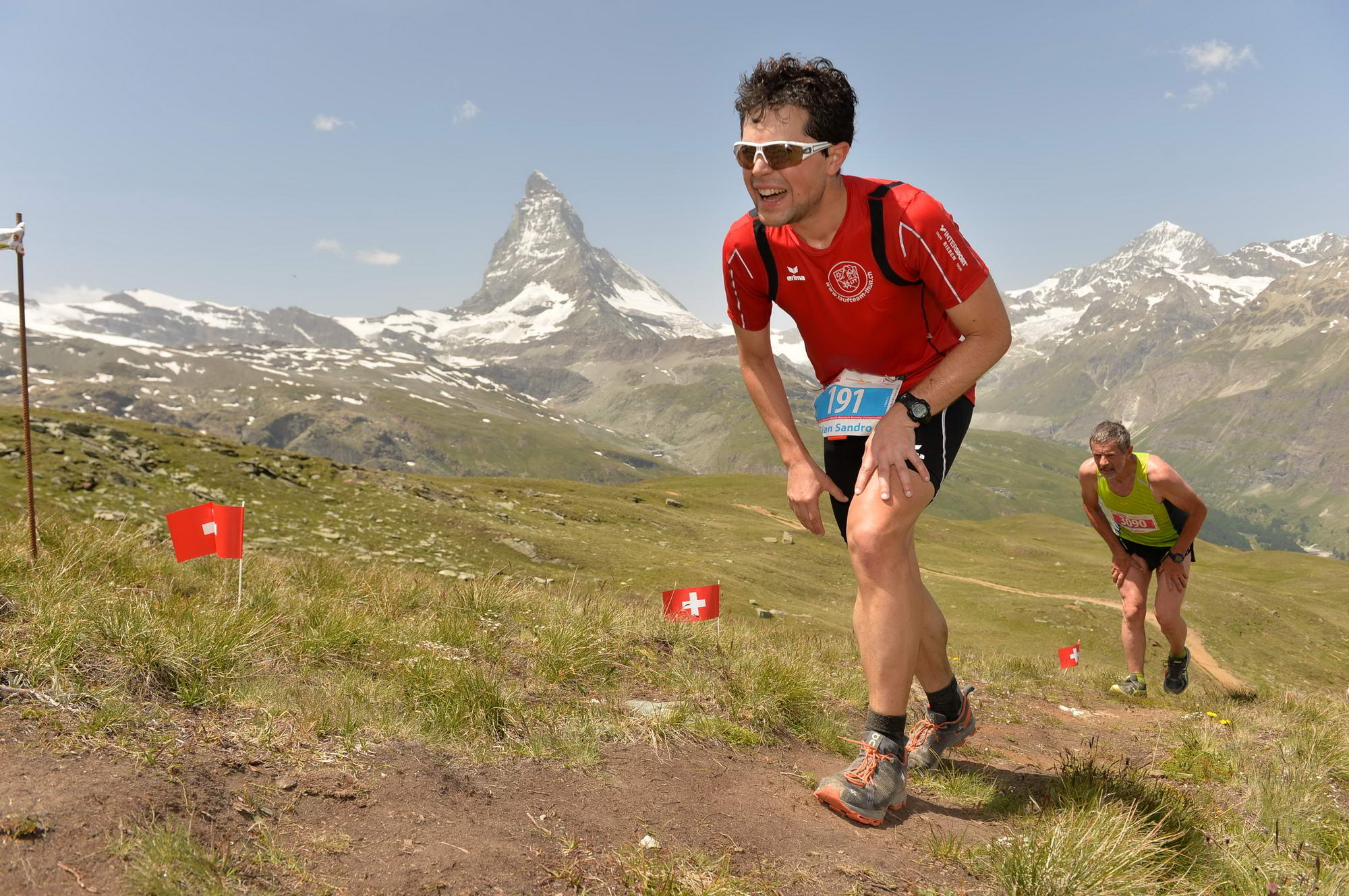Is Swiss footwear brand On getting too greedy for its own good?

The Zurich-based firm, which boasts tennis great Roger Federer as an investor, has been accused of making high profits at the expense of Vietnamese workers and Swiss customers.
The company has come a long way from its humble beginnings in 2010 as a partnership among three friends to commercialise a cushioning technology developed at the federal technology institute ETH Zurich. It is now a serious player in the highly competitive shoe business filled with Goliaths like Nike and Adidas. On is now the fifth most valuable shoe company in the world in terms of market capitalisation.
“We have often spoken about our commitment to drive growth while at the same time driving profitability. Finishing our first full year as a public company with net sales exceeding CHF1.2 billion and a net income of CHF57.7 million is a huge testament to the incredible work that our team continues to do every day,” said David Allemann, co-founder and Executive co-chairman of On in the company’s financial statement for 2022External link.
Profitable business
The company has indeed succeeded in growing and being profitable. In just its first year as a publicly listed company on the New York Stock Exchange, On managed to increase net sales by an impressive 68.7%, crossing the CHF1 billion mark in sales for the first time in its history. What makes its achievement even more impressive is its gross profit margin which is one of the highest in the industry.
So, how does the company grow so fast and remain so profitable? According to Swiss consumer magazine KtippExternal link, On has very high markups when one considers the cost of producing its shoes.
“High mark-ups are common for sports shoes, but On generally charges Swiss customers even more than other manufacturers,” a Ktipp article published on Wednesday stated.
Ktipp analysed customs data from July to October 2023 for 30 current On models and 20 shoes from other manufacturers. For example, On’s “Roger Advantage” trainers developed in partnership with Swiss tennis legend Roger Federer, sells for CHF190 but are procured from Vietnam for just CHF17.86. If Ktipp’s calculations are correct, Swiss customers pay more than ten times the factory price.
They’re paying even higher markups for the most expensive On shoe model, the “Cloudtilt Loewe”. Ktipp estimates that On pays CHF 20.80 per pair to source them from Vietnamese firm Freeview Industrial and sells them in Switzerland for CHF445, which is more than 20 times the factory price.

More
The making of a Swiss footwear multinational
Living wage
On denies it is ripping off customers or exploiting workers in Vietnam to achieve high profitability.
“The figures published at the beginning of the week contained false information. We are committed to making sure our manufacturing partners pay workers a fair wage and we carry out regular independent audits and training to ensure our partners are complying with all Code of Conduct guidelines, including those relating to wages,” Alexandra Bini, a spokesperson for On, told SWI swissinfo.ch by email.
In Vietnam, where most of On’s suppliers are based, the minimum wage is between $133 and $192 a month depending on the region. Most local companies use this as a reference to pay their workers, who have occasionally gone on strike for more money. For example, In October 2023, 6,000 workers at the Viet Glory shoe factory (not an On supplier) in north-central Vietnam, went on strike demanding higher wages. According to Vietnamese media Tuoi TreExternal link, the workers were being paid a basic monthly salary of $169.50, which was higher than the regional minimum wage $149.40.
On executives, on the other hand, have made news for paying themselves unusually high salariesExternal link. According to the Swiss business newspaper Finanz und Wirtschaft, the three co-founders and two co-CEOs earned a combined CHF83 million in 2021. Co-CEO Marc Maurer was paid the most at CHF16.9 million, which put him in third spot among the top executives in the shoe business after John Donahoe of Nike (CHF31 million) and Skechers boss Robert Greenberg (CHF19 million). Following public criticism and indications of a reputational risk from experts, the reported salaries were lower in the following year.
“The main way for On to share their success with the workers who make their shoes is to ensure that their purchasing practices support the payment of higher wages,” says Christina Hajagos-Clausen, director of garment, footwear and textiles at the Geneva-based IndustriALL Global Union that represents 50 million workers in 140 countries.
Hajagos-Clausen wants On to step up and join an international allianceExternal link that is working towards a living wage for workers. Around 20 global brands from the textile industry have signed up but no shoe company so far.
“Companies – like On – who have not committed to working on improving workers’ wages continue to perpetuate abusive wage practices,” she says.
Edited by Balz Rigendinger

In compliance with the JTI standards
More: SWI swissinfo.ch certified by the Journalism Trust Initiative









You can find an overview of ongoing debates with our journalists here . Please join us!
If you want to start a conversation about a topic raised in this article or want to report factual errors, email us at english@swissinfo.ch.